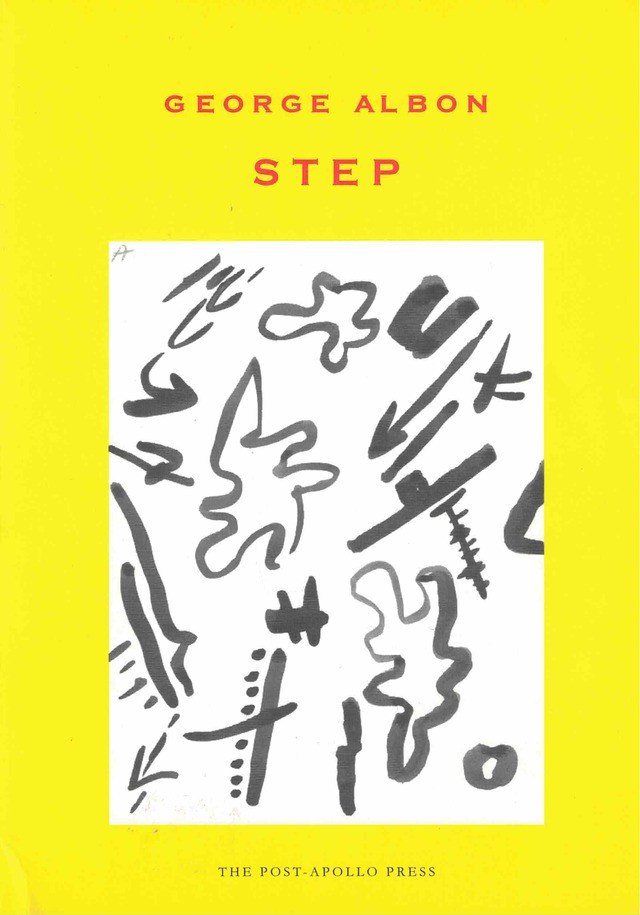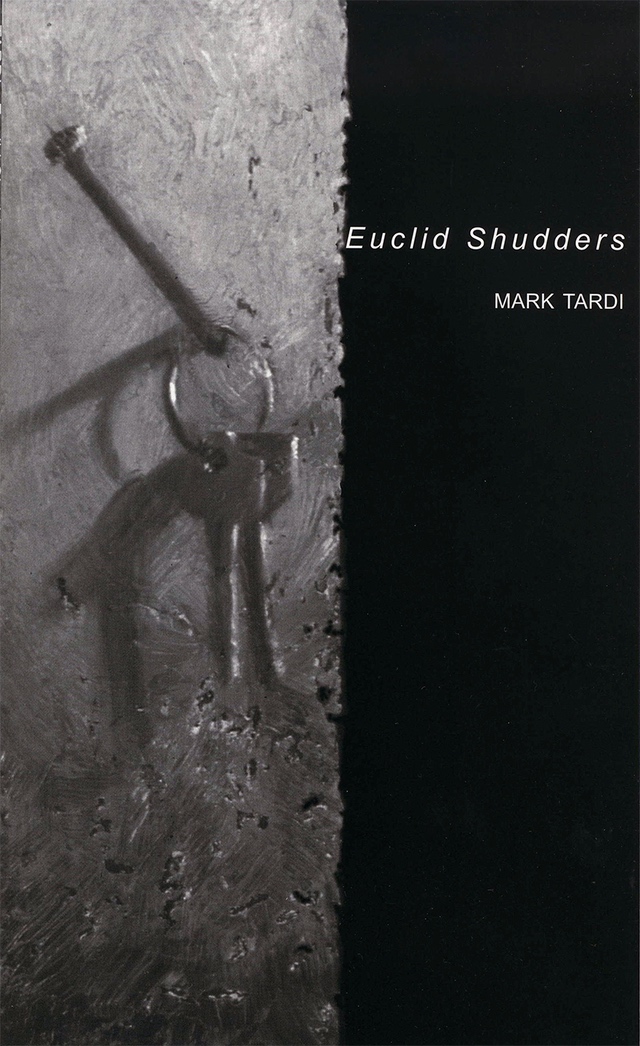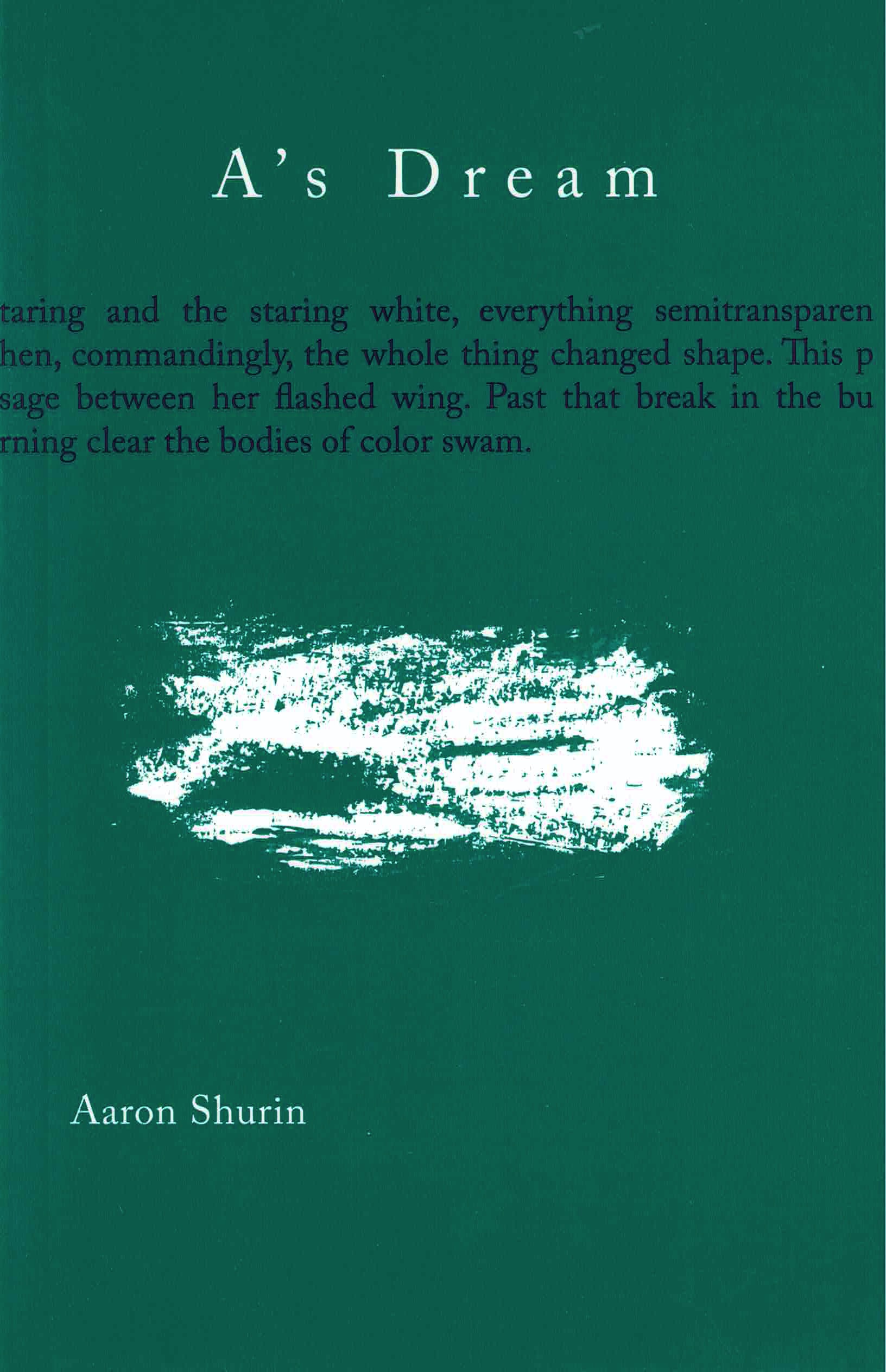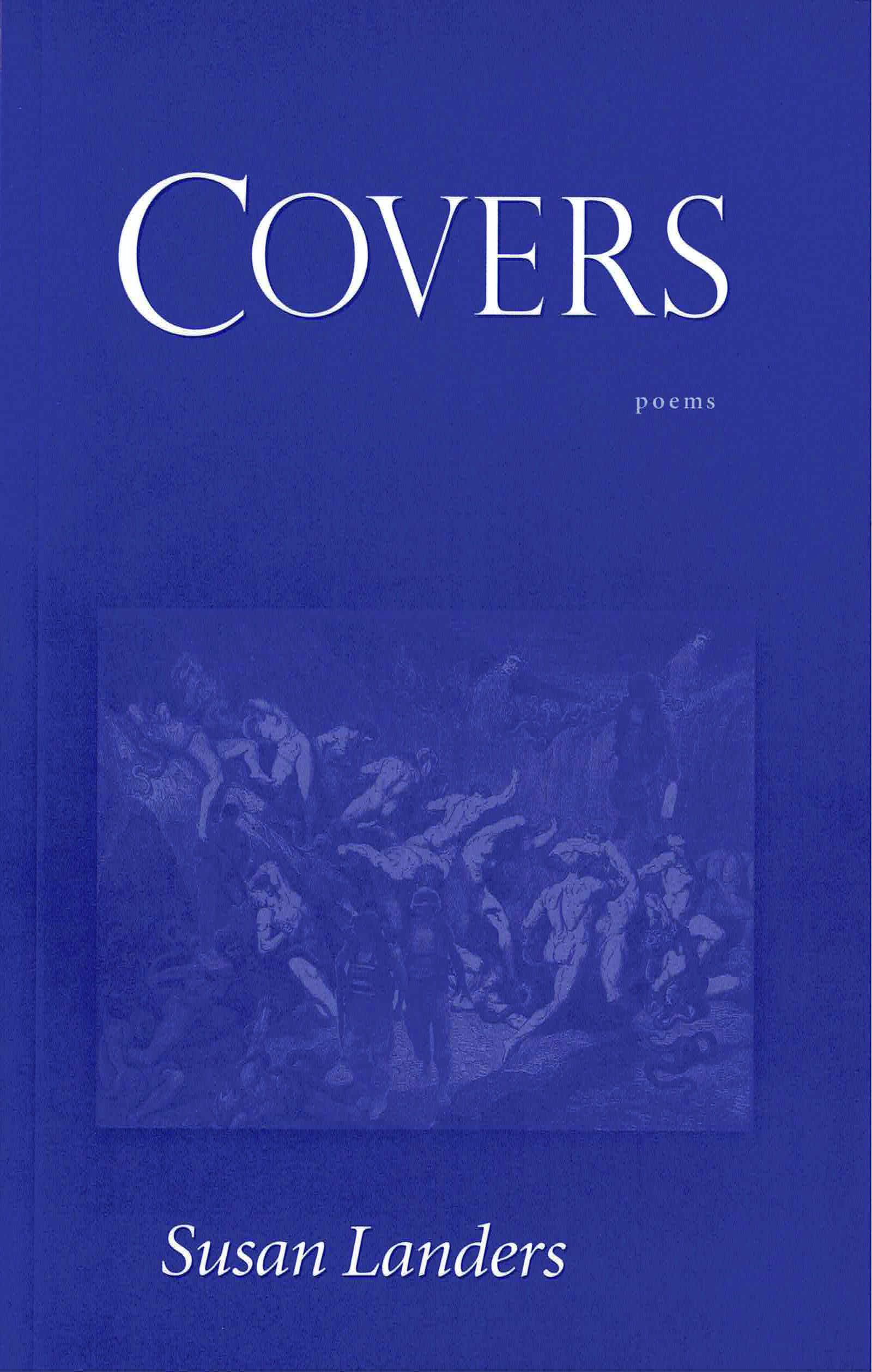From the Contemporary Poetry Series #2
Citing Oppen’s “moment in which one has not yet found terms,” Step follows its quarry along the braided stream of the body, tracing the shifting boundaries between language and thought. Here is a poem whose formal coherence belies the stability of its chosen structure: tercets catch and release the line, its “liquid voice” purling among their confines, murmuring of meaning both contained and abraded by its passage through form. Marking the dissolving destinies and residual beginnings of speech, Step evokes a shimmering surface where backgrounds and foregrounds interchange, “as though the/ lack were open/ to reach through” and “a point gotten to/ is not finally point—” but a rift in vapor. Inside an experience, there exists a harmonics of inchoate and articulate thought. With perfect pitch, Albon amplifies this moment before the mind delimits experience into a universe of emergent truth.
George Albon
Praise for Step
George Albon’s admirable body of work functions like musical backbone, bracing us for and facing us into the world. The book-length sequence Step might be experienced, as the title suggests, as a ladder of phenomenological “declarings” for which “every / word is a ‘way’” and a rung not upward but inward, “indelivered” to the complex ligaments and muscle of experience. Each stanza is a charged “tone held until / meaning.” Start reading this book and you’ll immediately be irritable should anyone interrupt you.
— Forrest Gander
Before there’s even a Step, there’s a poem of growth and limitation involving shaping and placing. Then come the brights and darks, the arcature, lunette and pediment. Proportions “embed / characterize,” geometry as a constant music, a rare pleasure. Among the Dantesque “dark / yellow woods,” there is “no guide.” As a consequence, other scales emerge and perform. Revolution, trusting, becomes revelation. We recognize in Step a mystery poem.
— Norma Cole





A book-length meditation on the moment between one foot leaving the earth and its back-again fall, or what Marcel Duchamp termed the “inframince”… Albon puts the locomotive gesture in the service of philosophy… [I]t’s the most intellectually exciting and sonically exacting poetry I have read in a decade. Absolutely thrilling.
— Craig Dworkin, Third Factory